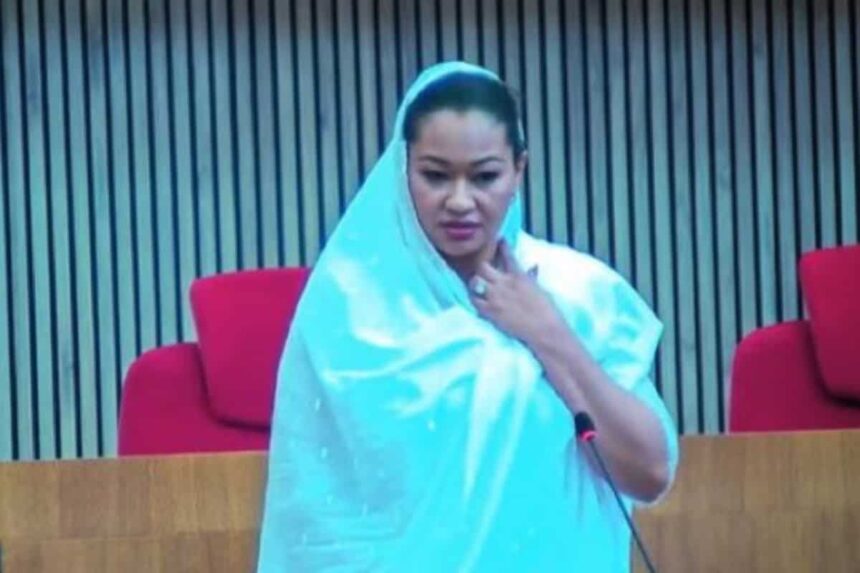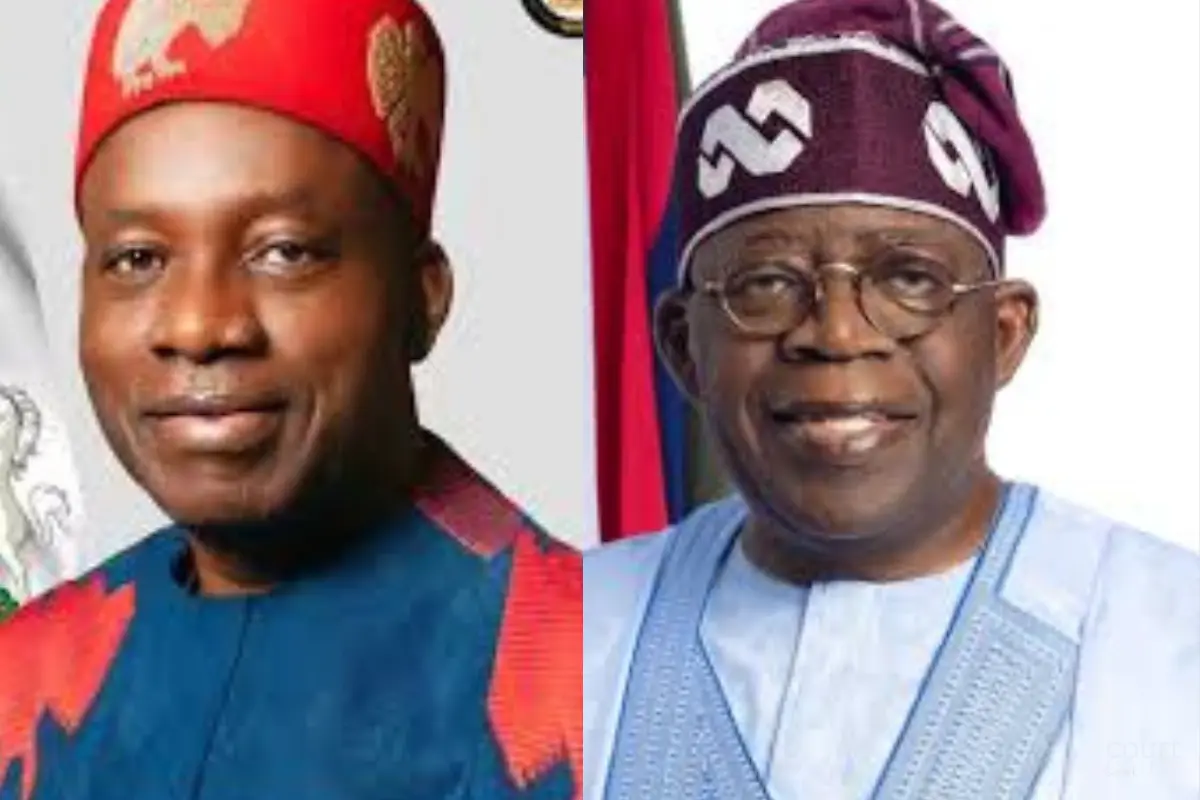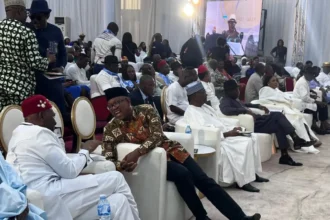Abuja, Nigeria – The Nigerian Senate has been thrust into controversy following a formal petition submitted by Senator Natasha Akpoti-Uduaghan against Senate President Godswill Akpabio over allegations of sexual harassment. The unfolding drama, which has deepened divisions within the legislative chamber, has also sparked public debate and legal battles involving both lawmakers.
On Wednesday, Akpoti-Uduaghan, who represents Kogi Central, formally raised the matter during plenary under Order 40 of the Senate Rules, seeking an official review of her allegations. In a rare moment, Akpabio, who presided over the session, granted her permission to submit the petition, which was subsequently referred to the Senate Committee on Ethics, Privileges, and Code of Conduct for investigation.
The allegations first surfaced publicly during an interview on Arise TV, where Akpoti-Uduaghan claimed Akpabio made inappropriate advances toward her. The revelation fueled a heated political standoff between the two lawmakers, exacerbated by a series of disputes within the Senate.
In response, Akpabio dismissed the claims outright, describing them as unfounded and politically motivated. “At no time did I ever harass any woman. I was raised by my late single mother to respect women. I have always upheld that value and was even recognized as Nigeria’s most gender-friendly governor,” he stated during plenary. He further urged the public and media to refrain from drawing premature conclusions, emphasizing the need to allow the legal process to run its course.
Beyond the parliamentary confrontation, the dispute has now extended into the courts. Akpoti-Uduaghan has initiated a defamation lawsuit against Akpabio, seeking N100 billion in damages and an additional N300 million in litigation costs. The lawsuit stems from a Facebook post made by Akpabio’s senior legislative aide, which the Kogi senator claims was defamatory.
In a counter move, Ekaette Akpabio, the Senate President’s wife, has filed two defamation lawsuits against Akpoti-Uduaghan, demanding N350 billion in damages for allegedly tarnishing her husband’s reputation. The legal battle has added another layer of complexity to the unfolding controversy, with both sides entrenching their positions.
The tensions between the two senators date back to a dispute over Akpoti-Uduaghan’s seating arrangement in the chamber. In late February, she refused to occupy a reassigned seat, citing Senate Standing Order 10, which outlines specific protocols regarding legislative seating. The disagreement quickly escalated into a confrontation with the Senate President, deepening hostilities and leading to the current allegations.
The controversy has drawn mixed reactions from lawmakers, civil society groups, and the general public. Some have called for a thorough and impartial investigation into the allegations, while others view the claims as an extension of political rivalry within the Senate. Advocacy groups, particularly those focused on women’s rights, have urged the Senate to ensure a transparent and fair process in addressing the matter.
Amidst the tensions, Akpoti-Uduaghan’s recent public appearances have continued to fuel discussions. At Wednesday’s plenary, she arrived at the chamber accompanied by her husband. In a moment that did not go unnoticed, she shared an affectionate embrace with him before taking her newly assigned seat. However, in what appeared to be a subtle protest, she remained seated upon Akpabio’s arrival for plenary, breaking from the customary practice of standing to acknowledge the presiding officer.
As the Senate Committee on Ethics, Privileges, and Code of Conduct begins its review of Akpoti-Uduaghan’s petition, all eyes remain on the legislative body to see how it will navigate the politically sensitive case. The outcome of the committee’s findings could have far-reaching implications for the Senate’s leadership, its internal dynamics, and the broader political landscape in Nigeria.
With legal battles looming and political tensions high, the controversy surrounding Akpoti-Uduaghan and Akpabio is far from over. The coming weeks will be crucial in determining whether this dispute remains a battle of words or escalates into a defining moment for legislative accountability and gender rights within Nigeria’s political sphere.


















